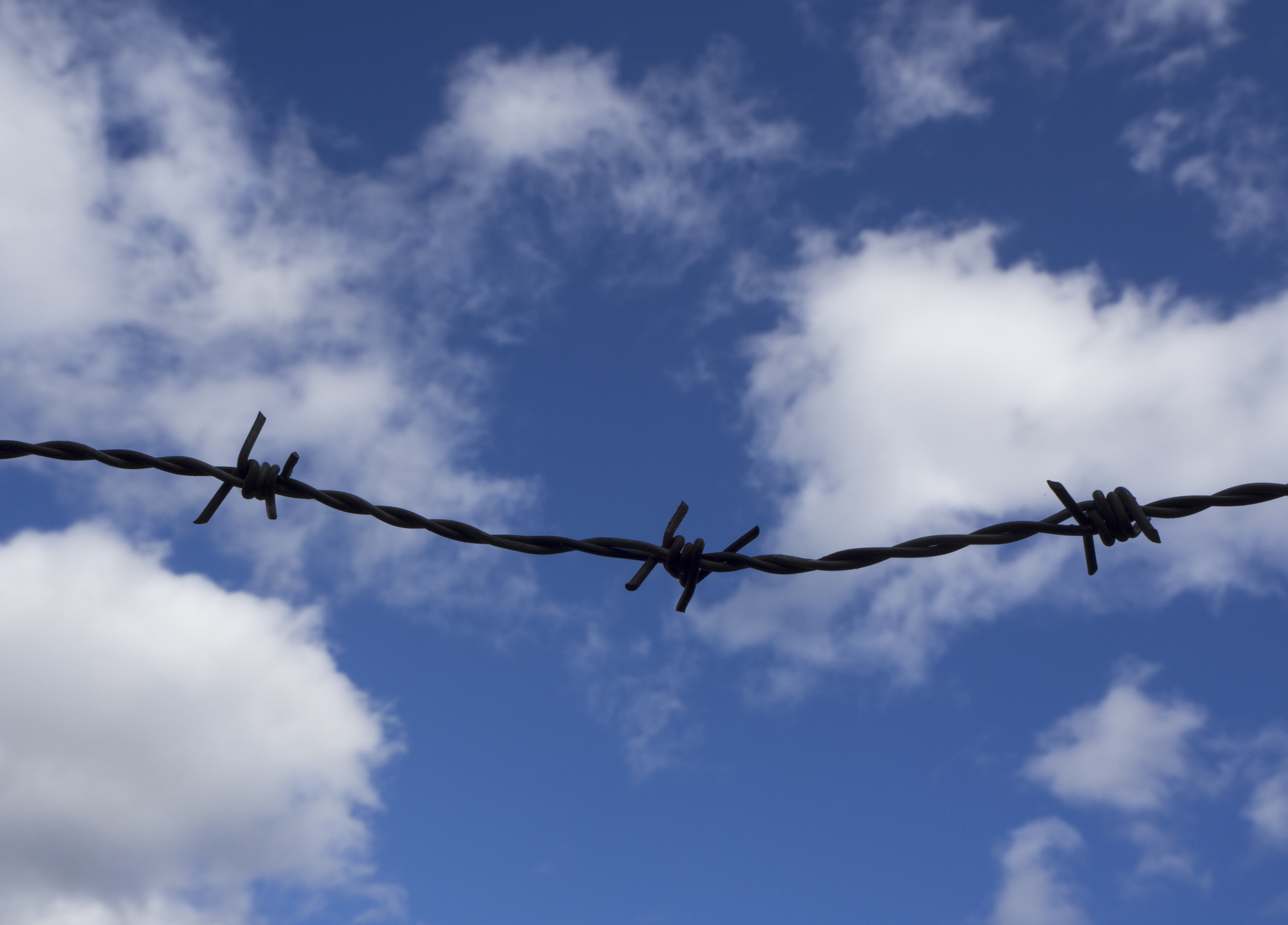The conditions of European refugee camps have been dire for some time now, particularly in southern Greece, where many migrants come to shore from across the Mediterranean Sea, fleeing violence, terror, and sometimes torture. Overfull and under resourced, the camps play host to appalling living conditions. Residents are stuck in haphazardly constructed structures among constantly ballooning populations as they await relocation around Europe, which in many cases never comes.
What is less discussed, however, is the mental health crisis playing out alongside the physical crises of these refugees.
The New York Times reported today on asstounding statistics of suicide and suicidal thought rates in one camp on the island of Lesbos, Moria: Out of the 126 people treated in the International Rescue Committee mental health clinic on-site, “30 percent of them had attempted suicide and a total of 60 percent of them had considered it.” And those 126 people comprise only the few people that the understaffed clinic was able to treat — the camp has a total population of at least 8,500 crammed into a space with a capacity of 3,100, and with only one toilet for every 72 people, any rare unclaimed resources typically go towards physical rather than mental health needs.
The mental health crisis in Moria is not limited to suicide. Doctors Without Borders issued a statement on the breadth of the problem by clinical psychiatrist Dr. Alessandro Barberio, M.D., who is stationed at Moria. He writes: “In all of my years of medical practice, I have never witnessed such overwhelming numbers of people suffering from serious mental health conditions, as I am witnessing now amongst refugees on the island of Lesbos.” The inability “to meet or perform even their most basic everyday functions” and “psychotic symptoms” are among the mental health issues that residents of the camps face. Barberio notes, too, that “frequent violence in all its forms” permeates the camp as a result of the dire lack of resources, and this can serve to trigger and escalate mental health issues.
This is not easy information to hear or process. But it’s crucial to remember that mental health issues have the enormous power to end lives, and that those whose lives are already at risk are most vulnerable.
The refugee crisis and the needs of migrants in camps demand address on every level. Mental health has to be met along with physical need. And as the future of European policy on migrants starts to look increasingly inhospitable, the work of organizations like Doctors Without Borders becomes even more paramount. The 19 aid organizations who issued this joint statement — decrying, like the Doctors Without Borders letter, the critical situation in Moria and calling on European leaders for change — are a great place to look if you want to help.


